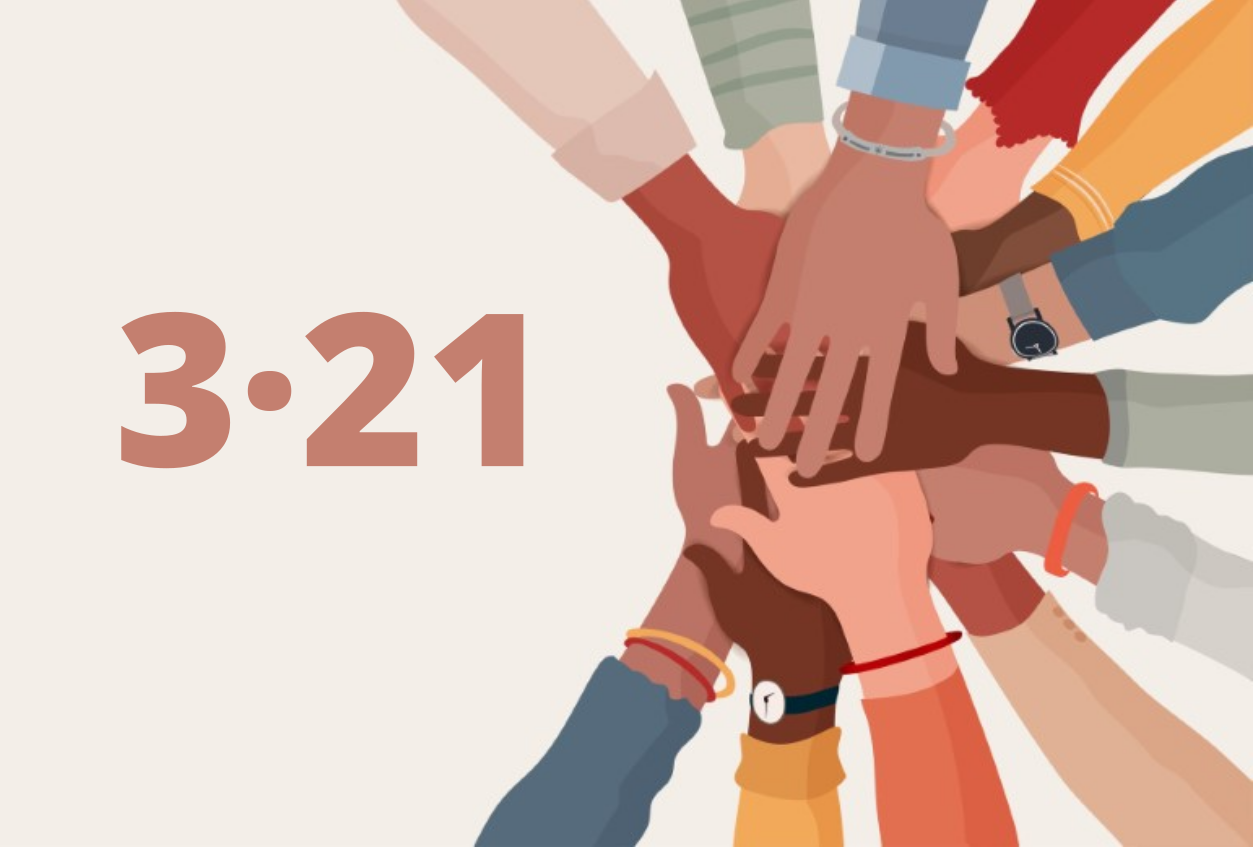
The EOC welcomes the passage of the Sex Discrimination (Amendment) Bill 2020 by the Legislative Council on 17 March 2021. By introducing protection for women from harassment based on breastfeeding under the Sex Discrimination Ordinance (SDO), the Bill represents another major step in safeguarding the right to breastfeed, following legislation last year against breastfeeding discrimination under the Discrimination Legislation (Miscellaneous Amendments) Ordinance 2020. Both prohibitions will take effect on 19 June 2021.
Under the amended law, a person harasses a breastfeeding woman if he or she, on the ground that the woman is breastfeeding, engages in: (i) unwelcome conduct where a reasonable third person, considering all the circumstances, would have anticipated that the woman would be offended, humiliated or intimidated; or (ii) conduct that creates a hostile or intimidating environment for the woman, whether done alone or with others. Breastfeeding harassment is unlawful in various areas of public life, such as employment; education; provision of goods, facilities or services; and disposal or management of premises.
Mr Ricky CHU Man-kin, EOC Chairperson said, “Breastfeeding is a matter of human rights, as the Untied Nations has emphasised unequivocally from time to time. We are therefore delighted to see Hong Kong taking a firm stance against harassment of breastfeeding women through concrete legislative action. Coupled with the new protections against breastfeeding discrimination, the latest amendment is sure to strengthen the SDO’s role in fostering a breastfeeding-friendly culture in the city.”
The EOC is currently updating guidance for employers, service providers and other key stakeholders about the scope and application of the amendments. A public awareness campaign is also in the pipeline, encompassing publications, MTR ads, social media content, as well as TV and radio announcements.
Read our statement on the passage of the Bill
Read our Guidance on Breastfeeding Discrimination in Employment and Related Sectors
Read our Guidance on Breastfeeding Discrimination in Other Sectors
2

To commemorate the 2021 International Day for the Elimination of Racial Discrimination (IDERD) on 21 March, which has gained extra relevance amid tides of xenophobia triggered by COVID, the EOC hosted an online forum with Caritas Hong Kong on the day, besides publishing newspaper ads, op-ed articles and a dedicated website to give voice to ethnic minority communities in the city.
Entitled “Looking Beyond the Pandemic”, the forum attracted around 80 participants from corporates, non-profits and the general public. From community leaders and inclusive employers to social workers and policy advocates, the panelists shared first-hand insights into the challenges the pandemic had posed to ethnic minorities and how different sectors could work together to promote equity in employment post-COVID.
Meanwhile, EOC Chairperson, Mr Ricky CHU Man-kin contributed an article to The South China Morning Post, Inmediahk.net and Stand News on 21 March, urging the Government to prioritise a comprehensive overhaul of its policy on supporting non-Chinese students in learning Chinese. Without periodic reviews of the efficacy of current measures through data collection, ethnic minority youth will continue to confront language barriers and suffer a disadvantage in education and employment. The problem has been further exacerbated with the recent move to online teaching, which lacks the immersive experience integral to campus life and can possibly wipe out the progress made by students over the years.
The EOC has also launched a website featuring a higher education and career guidebook for non-Chinese youth, a sample policy for organisations looking to create a racially inclusive workplace and information on the Racial Diversity and Inclusion Charter for Employers, introduced in 2018 and now supported by over 150 signatories. Click the link below to access these and other resources.
Visit the website
Read Mr Chu’s article
3

The EOC welcomes the introduction of the
Crimes (Amendment) Bill 2021 (the Bill) into the Legislative Council for first and second reading on 24 March 2021. The Bill has adopted recommendations submitted by the EOC earlier this month on the Security Bureau’s previous
proposals to criminalise non-consensual recording of intimate parts and introduce other related offences. Aimed at strengthening the proposed legislation to better protect the public from image-based sexual violence, the EOC’s recommendations marked the Commission’s second submission on the subject, following an initial
response to the public consultation in October 2020.
The EOC recommended that the offence of non-consensual recording of intimate parts should include the breasts of a person in its definition of intimate parts, whether the breasts are bare or covered by underwear. While there are concerns that the expanded definition might unduly criminalise inadvertent contraventions by innocent people (e.g. taking a selfie and accidentally including in the photograph a down-blousing view of a person’s breasts), the EOC believes that an express requirement of intention as an element of the offence would serve as a sufficient safeguard against over-criminalisation.
Indeed, other common law jurisdictions with similar offences, such as Scotland, New Zealand, Canada, Singapore and most of the Australian states, do include non-consensual photography of breasts. Given that there is clear evidence of prevalence of such conduct in Hong Kong, the EOC advised the Government to reconsider the definition of intimate parts in the previous proposal. Also, the principle of gender neutrality should mean that non-consensual photography of a man’s breasts should also be unlawful where the person’s breasts would not otherwise be visible. Accordingly, situations where a person voluntarily exposes his/her breasts to be photographed (e.g. in a magazine photo shoot) would not fall within the scope of such an offence.
The EOC is glad to note that the definition of intimate parts has been revised in the Bill to include breasts irrespective of gender. Moreover, the Bill has taken forward another recommendation by the EOC in introducing an additional offence, namely making a threat to publish intimate images without consent. For details, please click the links below.
Read our submission
Read the Crimes (Amendment) Bill 2021
4

Courses in the EOC’s 2021 Spring training programme are now open for enrolment. Among the six paid courses is a new offering, “Application of the Anti-Discrimination Ordinances in Education”, targeted at educators who wish to learn the ropes of putting inclusion into practice, such as how to avoid discriminatory admission policies and provide reasonable accommodation for students with disabilities. This is complemented by five courses that are ever-popular among HR practitioners, managers and business owners, as they address recruitment processes, workplace sexual harassment and complaint-handling, among other pertinent issues.
The programme also comes with three online courses free-of-charge. Together they provide a concise introduction of different unlawful acts of discrimination and harassment, as well as ways to enhance cultural inclusivity in the workplace.
The courses will run from early April to mid-June. Interested parties should register at least seven working days before the relevant course commences. Places are available on a first-come, first-served basis. For enquiries, please contact the EOC at 2106 2155 or eoc@eoc.org.hk.
Read our course descriptions
View the course schedule
Enrol online
5

To advance understanding about the employment barriers facing women in Hong Kong, The University of Hong Kong is now recruiting participants for a study commissioned by the Labour and Welfare Bureau. If you are a resident in Hong Kong aged 16 or above, you are welcome to register your interest by clicking the link below. Women who are currently not working may be invited for an additional survey.
Each participant will be given a $100 supermarket coupon. If you have any questions about the study, please email them to Ines HUYNH at
ihuynh@hku.hk.
Sign up now





